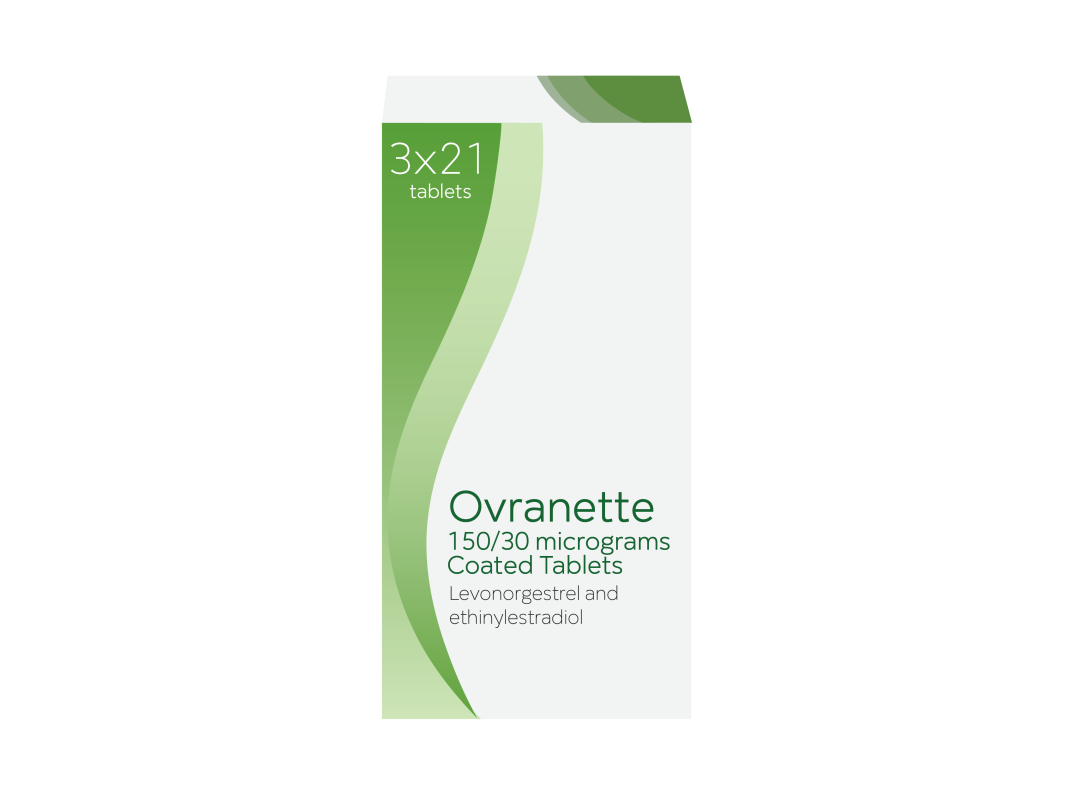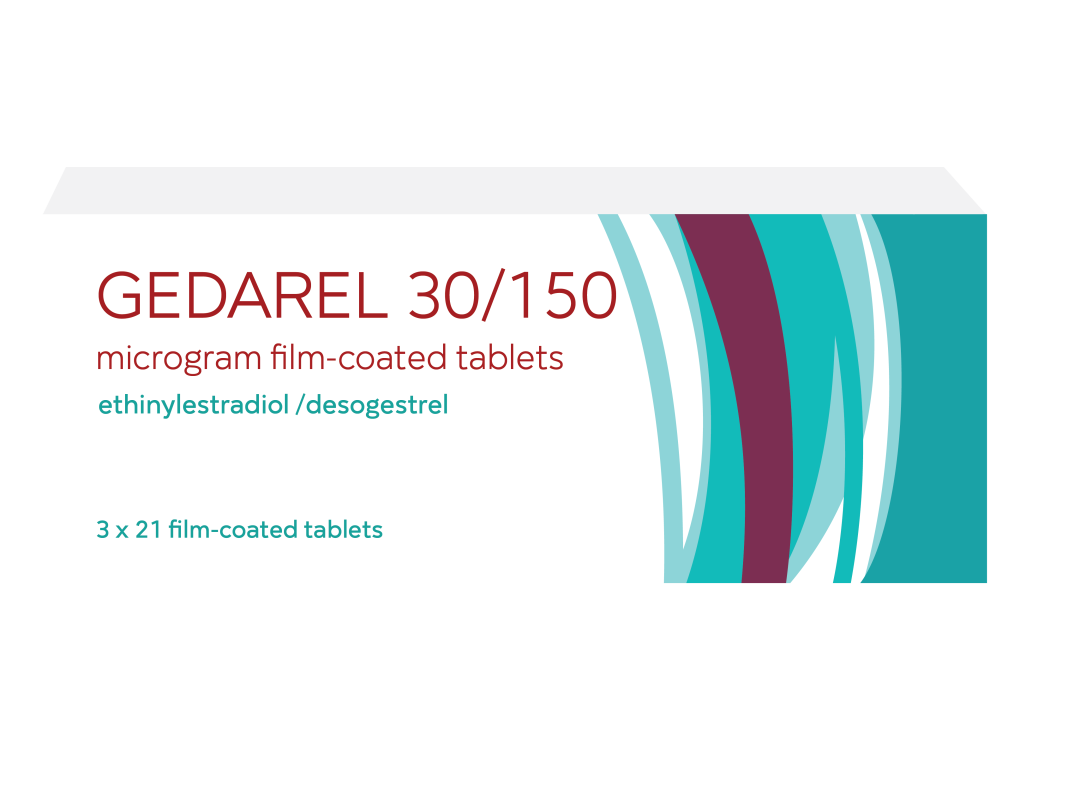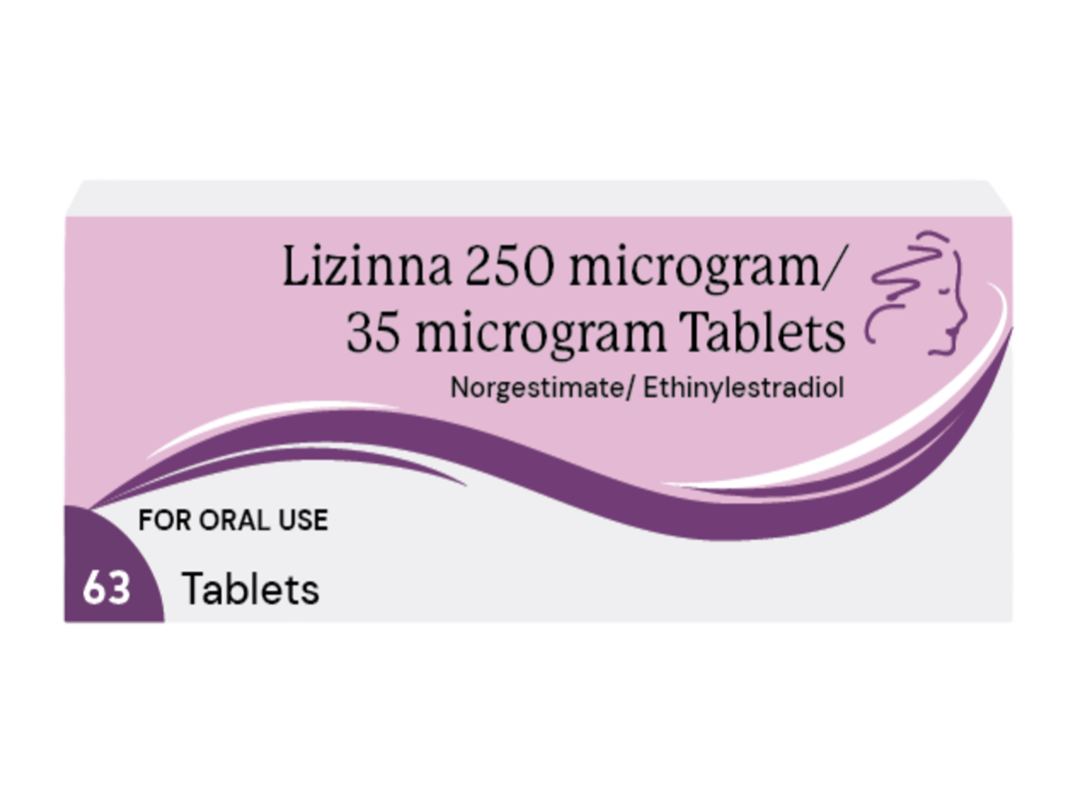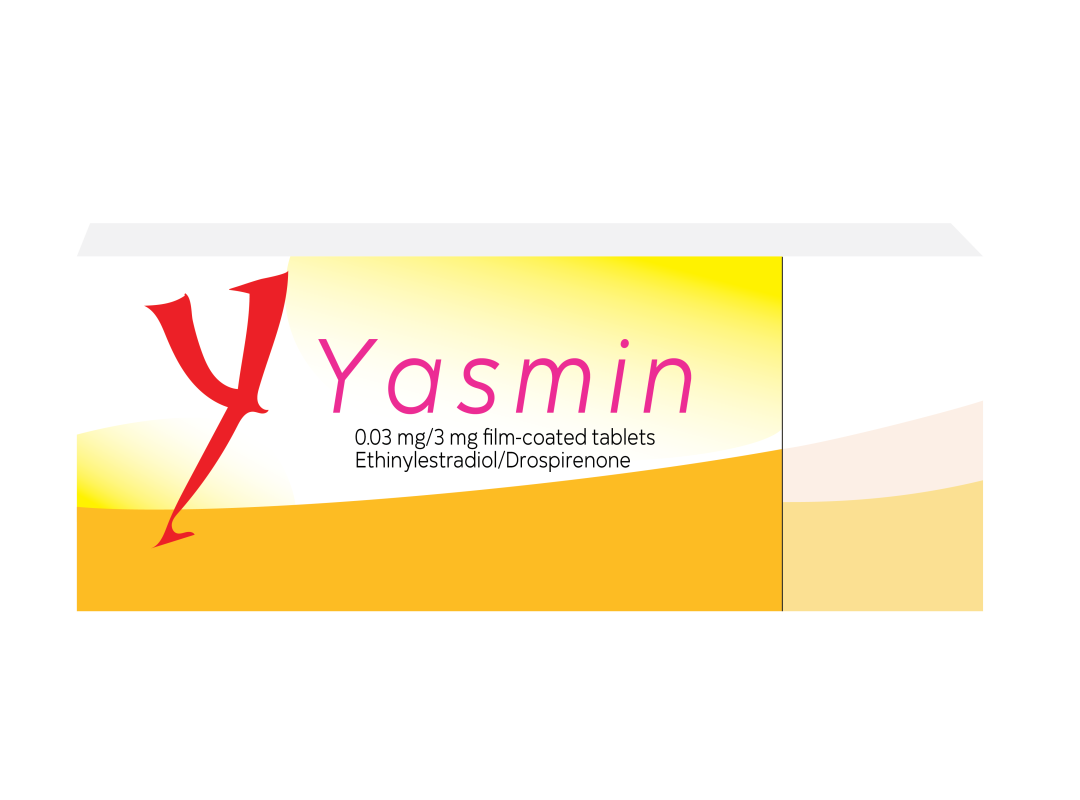Combined pill
The combined pill is a small daily tablet. It releases artificial versions of the oestrogen and progesterone hormones. It’s often called ‘the pill’.
Order 3, 6 or 12 month supply
We will text you when you’re due to run out.
Choosing your combined pill

Try a different mix
Each brand of pill is slightly different, because of the amount and type of oestrogen and progestagen they contain. So different pills suit different people.
To help you find the best one for you, we’ve grouped them below and listed the potential pros and cons of each type.

Start with a levonorgestrel formulation
If you’re new to the combined pill, try starting with one that contains levonorgestrel (synthetic progestogen) in the first group. These pills have the lowest risk of blood clots (thrombosis).

Find a brand that fits your budget
If you’re not sure what to try first, start with the most affordable brand from the first group.
It can take time to find the pill that suits you. Try different brands or types if you’re not happy with your first choice.
Pills with the lowest risk of blood clots
Pros: These pills have the lowest risk of blood clots (thrombosis), so consider these first.
Cons: If you’ve tried these pills and experienced oily hair or skin, loss of sex drive or bloating then you might be better off with a brand containing more oestrogen – see the next group.
Pills that may be better for acne and bloating
Pros: Might be better if you experience acne or bloating.
Cons: Might be less good if you suffer from nausea or breast tenderness. If you have side effects, you may be better off with a pill from the first group. They also contain a newer progestogen that has a slightly higher - but still very small - risk of thrombosis.
Pills that might be better for nausea and breast tenderness
These pills are lower in oestrogen, with 20 micrograms in each, rather than 30 in other pills.
Pros: These may be better for you if you get nausea or breast tenderness on the combined pill.
Cons: Some people have breakthrough bleeding, which is when you’re bleeding outside of your planned pill break. They contain a newer progestogen that has a slightly higher - but still very small - risk of thrombosis than the pills in the first group.
Pills that are marketed as better for acne and bloating
Pros: These have been marketed as improving acne and bloating, but there isn’t convincing evidence to support the claims. However, if you suffer from these side effects you might want to try these.
Cons: They carry a slightly higher risk of thrombosis, so we recommend you only use these if the others haven’t suited you. Due to the increased risk of blood clots, if you're over 40 we do not recommend these pills.
About the combined pill
Finding the right pill for you
There are a lot of different factors that can affect how well a type of pill works for you. When starting a new pill, keep a record of how you feel and any side effects, such as how it affects your period, your skin or bloating.
If you don’t like it after a few months, try a different brand. A different balance of hormones or a lower dose of oestrogen could suit you better.
Getting a blood pressure reading
When you order the combined pill, we’ll ask you for a blood pressure reading. It needs to have been taken in the last 12 months. You can get this from your GP or pharmacy.
Many GPs have a blood pressure monitor in their waiting room so you can take a reading yourself. If a doctor or nurse adds your reading to your health record, you can view it in the NHS app whenever you need to. We can help you get a reading and understand what it means so that we can safely prescribe the right pill for you.
How to take the combined pill
Take the combined pill at roughly the same time every day.
You can use the pill to control when, and how often, you bleed. You can have a regular bleed by taking a 7-day break from the pill between each pack. Or you might want to avoid bleeding completely by continuing onto the next pack without a break.
If you do have a break, you’re still covered for contraception as long as you’ve been taking it every day and you start your next packet 7 days later.
How the pill works
The combined pill works to prevent pregnancy in 3 ways. Hormones in the pill thicken the mucus in the neck of the womb, so it’s harder for sperm to reach an egg. Hormones also thin the womb lining, making it harder for a fertilised egg to implant. In some women, the combined pill stops the ovaries from releasing an egg (ovulation).
Most women continue to ovulate and have regular periods. If you start taking your pill in the first five days of your period, you’re protected from pregnancy straight away.
Side effects of the combined pill
Every pill affects each person differently. Some people will experience side effects and others don’t. Side effects are most common when you first start taking the pill and often improve over time.
Common side effects are
nausea
breast tenderness
lower sex drive
mood changes
It’s very rare that you’ll get any serious problems when using the pill. But if you have any of these, stop taking the pill and see a doctor straight away:
painful swelling in one leg
pain in your chest, trouble breathing or you start coughing up blood
numbness or weakness in one arm or leg
attack of migraine for the first time, or
sudden problems with your sight or speech
Health benefits and health risks
The pill is generally safe to use but there are some health risks.
There's a small chance that it can increase your risk of blood clots (thrombosis). And it's very rare, but this contraception can increase your risk of breast and cervical cancer. This risk returns to normal when you stop using it
There are some benefits too. As well as working as contraception, combined pills can lower your risk of ovarian, womb and colon cancer. They can also have a positive effect on the symptoms of acne, polycystic ovary syndrome (PCOS) and endometriosis.
Can I use the combined pill?
Most women can take the combined pill. We’ll ask about your family and medical history when you order. This helps us work out if it is the best method for you.
It’s not always suitable for women who are pregnant, who smoke (or who stopped recently) and are 35 or older, or who have a high BMI. It may also be unsuitable if you have or have had certain health conditions. We’ll check these when you order.
If you miss a pill
If you’re late taking a pill it’s only a problem, and only counts as a missed pill, if you take it more than 24-hours late. You need to miss 2 pills for the effectiveness of the combined pill to be reduced.
If you’re not sure what to do when you miss a pill, keep taking your pill and use another method of contraception, such as condoms. Get advice from our clinicians by replying to one of our texts.
You may need emergency contraception if you’ve missed more than one pill and have had unprotected sex since then or in the 7 days before you missed a pill.
Periods on the combined pill
When you start the combined pill for the first time, it can take up to 3 months for spotting or bleeding to settle down. Keep taking the pills to the end of the pack, even if your bleeding is heavier than usual.
Bleeding can be caused by taking the pill incorrectly, or by an STI or pregnancy. You may choose to do a pregnancy test and a sexual health screen. And make sure that you are up to date with your smear tests.
If you’re worried, text our clinicians or go to your GP or sexual health clinic.
Can I take the combined pill after a miscarriage or abortion?
If you have had a miscarriage or abortion, you can start the pill up to five days after this and you will be protected from pregnancy straight away.
If you start the pill more than five days after the miscarriage or abortion, you'll need to use additional contraception until you have taken the pill for 7 days.
Can I take the combined pill after having a baby?
If you have just had a baby and are not breastfeeding, you can start the combined pill on day 21 after the birth. You will be protected against pregnancy straight away. If you start the pill later than 21 days after giving birth, you will need additional contraception (such as condoms) for the next 7 days.
If you are breastfeeding a baby less than six months old, taking the combined pill can reduce your flow of milk. It is recommended that you use a different method of contraception until you stop breastfeeding. The progestogen only pill does not affect your milk supply.
Can medication affect my pill?
Some medicines make the combined pill less effective (including those used to treat epilepsy, HIV and TB, and the herbal medicine St John’s Wort).
Ask our clinicians if you’re unsure by emailing info@fettle.health and read the information that comes with your medicine.
What if I vomit or have diarrhoea whilst taking the pill?
If you vomit within two hours of taking the combined pill, it may not have been fully absorbed into your bloodstream. Take another pill straight away and the next pill at your usual time.
Very severe diarrhoea (six to eight watery stools in 24 hours) may also mean that the pill doesn't work properly. Keep taking your pill as normal, but use additional contraception, such as condoms, while you have diarrhoea and for 7 days after recovering.
Will the pill affect my future fertility?
When you stop using the combined pill your fertility will return to normal. Don’t worry if your periods don’t start immediately. For some people, it can take a few months.
Not what you were looking for?
Don't think the combined pill is for you, compare the other contraceptives that we offer.
Do you need help with something else?
Find your local sexual health clinic.
Find your local pharmacy.














